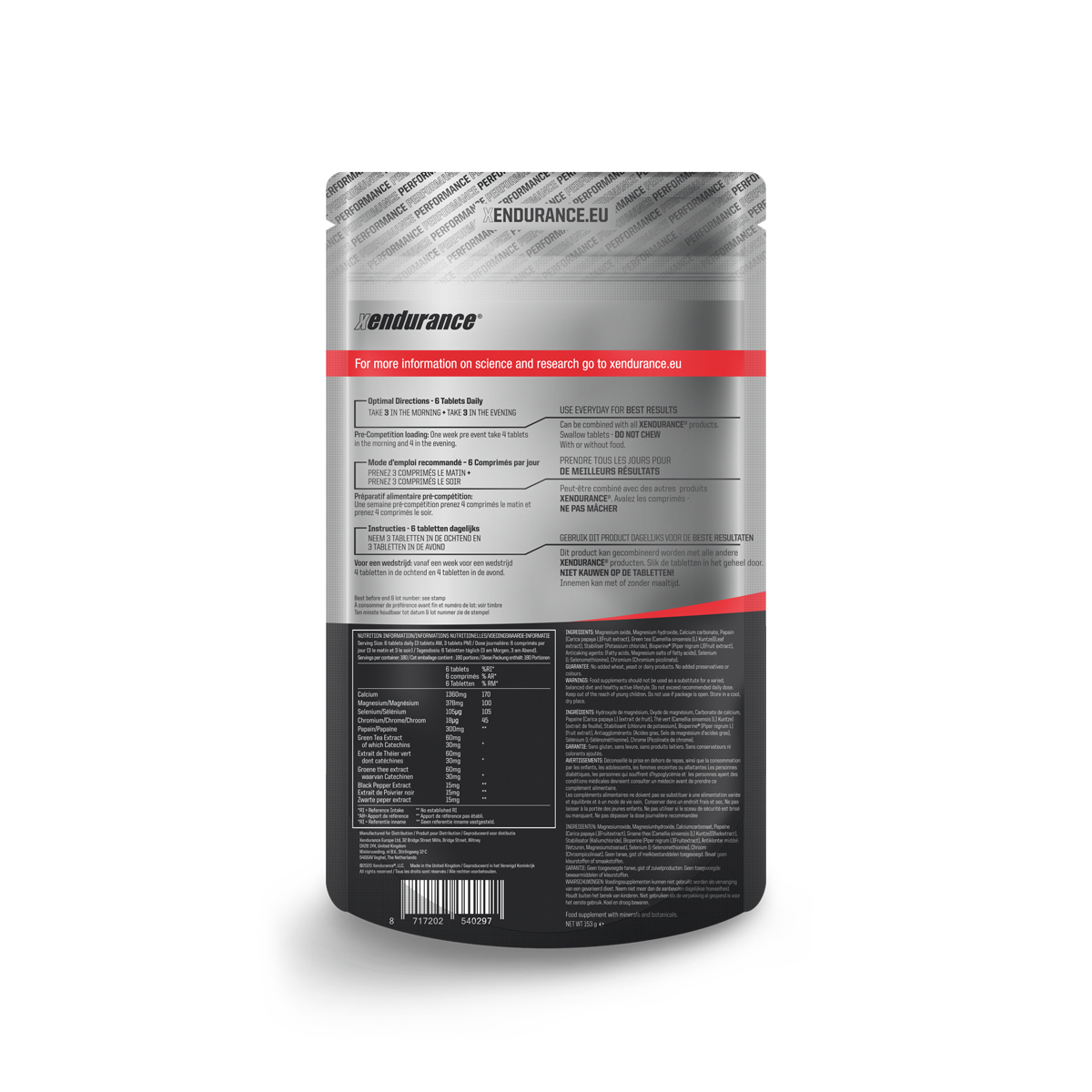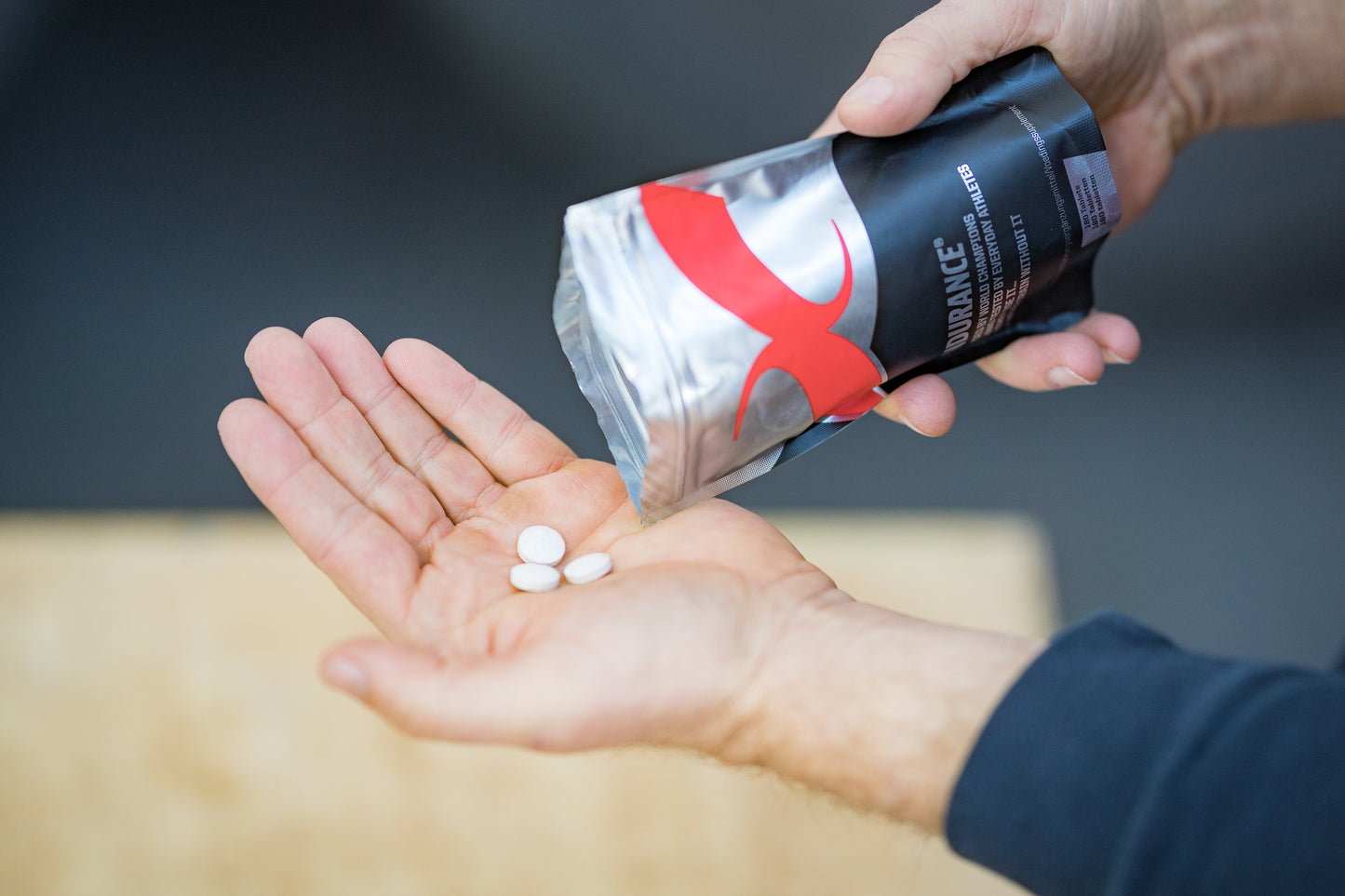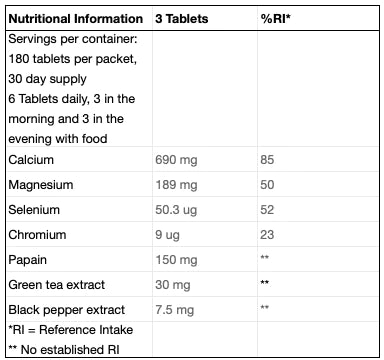Share
Phil Ellison explains why stress isn’t all bad!
Stress is everywhere! We are all stressed on a daily basis. The good news is that contrary to the wide-held belief that stress is bad, actually much of this stress is positive in nature.
Termed EUSTRESS, it’s the stimulus that drives us to act and to adapt. Consider these examples:
- Hunger produces stress signals that drive you to look for food – how many times have you grabbed a snack or opened the fridge door without consciously thinking about it? Hunger stress made you ACT.
- You ride your bike a little longer than you normally do which stresses the muscular and cardiovascular systems (and others) to produce fitness gains. Training stress made you ADAPT.

So the application of a controlled amount of stress can result in beneficial effects, after all fitness comes from STRESS followed by REST (train and recover). This is true for all forms of exercise: resistance, aerobic or skill acquisition. Rest (or recovery) can be considered as the time between exercise sessions. Now, especially for the non-professional athlete this includes many time and energy demanding tasks which can cause additional stress (work, family and social commitments amongst them). And it’s important to recognise that these fluctuate day to day, week to week and month to month. In order to recover adequately or ideally optimally the two major considerations are sleep and nutrition. These are the pillars on which other marginal gains of recovery sit!
If we don’t have sufficient quality and quantity of recovery then over-training (more accurately under-recovery) may occur and we fail to benefit from what we’ve been doing. If there is reduced or inhibited recovery then we will not thrive and this is where the chronic, uncontrolled and often high levels of stress have become a huge issue in society. At a basic biochemical level there is little difference between the body’s reaction to stress from a house move, working over-time, having marital troubles or perhaps lack of sleep. As a coach I see this very often when talking to athletes and looking at their data from training. When we dig a little deeper it’s often a change in their social, work or family life that has added additional stress on top of their typical training stress and they begin to struggle. Luckily having a close relationship and daily communication helps us to recognise possible issues and act quickly.
In summary, we DO want stress in our lives and if applied deliberately and appropriately then we should prosper from it given sufficient recovery. Too much of anything is generally a bad thing and this also true of stress, as we all know. Rest and recovery (de-stressing) is essential and the most important considerations are sleep and nutrition. Get these right and you can probably add more stress if all other things remain equal. However, if your training is harder than usual or you’ve hit a plateau then it may be related to stressors outside of the gym, pool or track. Although outside the scope of this blog consider other methods to reduce stress and improve wellbeing. These practices typically involve activating the parasympathetic nervous system (PNS – ‘rest and digest’) in order to inhibit the sympathetic nervous system (SNS – ‘fight or flight’) in order to help us feel settled, calm and relaxed (examples are breathwork, varieties of yoga, mindfulness and cold immersion).
By Phil Ellison, Senior Coach at Total Tri Training, you can reach Phil by clicking here Or on Instagram @phil.ellison










